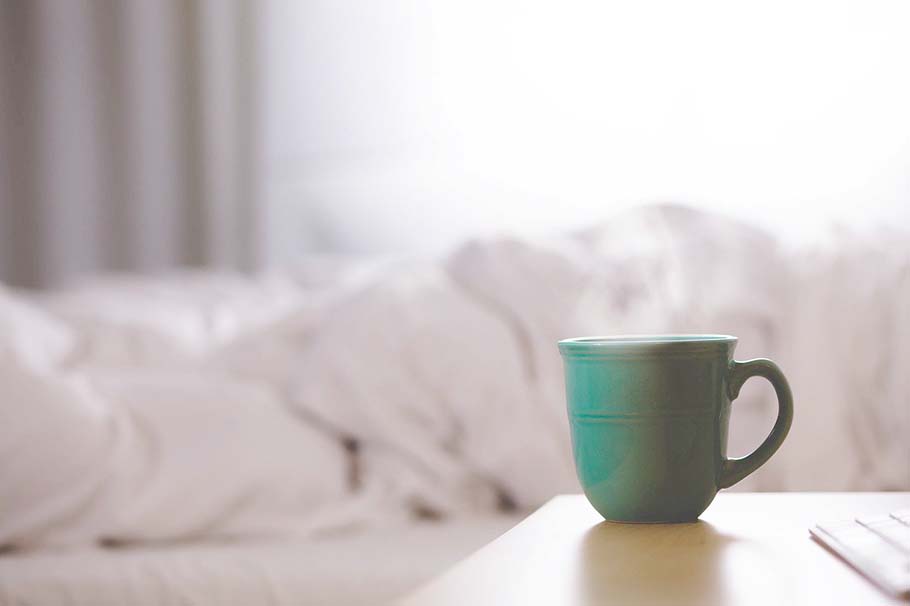
Can diet affect sleep? It’s a common misconception that diet and sleep are completely unrelated. However, the truth is that the two are very much connected and scientific studies have now shown that the type of foods you eat have an effect not only on your weight and overall health, but also the quality of your sleep.
Just as food affects the way our body functions and malfunctions, it follows that it also affects sleep – whether it’s sleeping well or the opposite.
Serotonin and diet
In order to understand the relationship between sleep and food, it’s necessary to familiarise yourself with serotonin. Essentially, this is a neurotransmitter in the brain, which is responsible for inducing a state of relaxation and calmness within the body. To produce this substance, the body requires another chemical called tryptophan, something that can be found in a number of different foods. The higher the amount of tryptophan-rich foods you consume, the easier it will be for your brain to create serotonin and the more likely it is that you will feel relaxed enough to get a good night’s rest.
Many foods that are high in carbohydrates contain tryptophan. Eating a high-carb meal will result in your body producing higher levels of insulin, which then flushes out amino acids inside your bloodstream, which would otherwise prevent the body from using the tryptophan. This is why many people tend to feel quite sleepy after they eat a high-carb meal and why high-protein meals can help people to feel more awake and alert.

Dinners and snacks that can help you sleep
Now that you have a better idea of the way in which certain foods can impact your sleep, you can make a few adjustments in your diet in order to improve upon your current sleeping habits. To begin with, you can prepare evening meals that have more carbohydrates than protein; an example of this might be a stir-fry with noodles
and vegetables, a whole-wheat pitta with a small amount of chicken and lots of salad, or a pasta dish with tomato sauce and vegetables.
If you find yourself feeling a little peckish before bedtime, there are plenty of tasty snacks that will help you to get a better night’s sleep. Examples include a peanut butter sandwich, a handful of hazelnuts, or a bowl of whole grain cereal with milk. However, it’s best not to make a habit of consuming high-carb foods every night, as this may result in weight gain so do stick with lowcarb.
Foods that can disrupt your sleep
In the same way that there are foods that can help you to sleep more soundly, there are also foods that may disrupt your sleeping patterns. As you probably already know, caffeine is one of the worst culprits when it comes to keeping you awake. Whilst most people realise that drinks like coffee are laden with caffeine, not many are aware that other things, such as fizzy drinks, tea and cough syrup contain caffeine. As such, it’s best to avoid these types of drinks after 6pm, or better yet, if you’re having a lot of difficulty sleeping, avoid them entirely.

Peanut butter in your diet affect sleep in a positive way.
John is a freelance writer and blogger, he contributes to a variety of publications as well as his own sites and projects. He is currently working with Archers Sleep Centre.

Leave a Reply